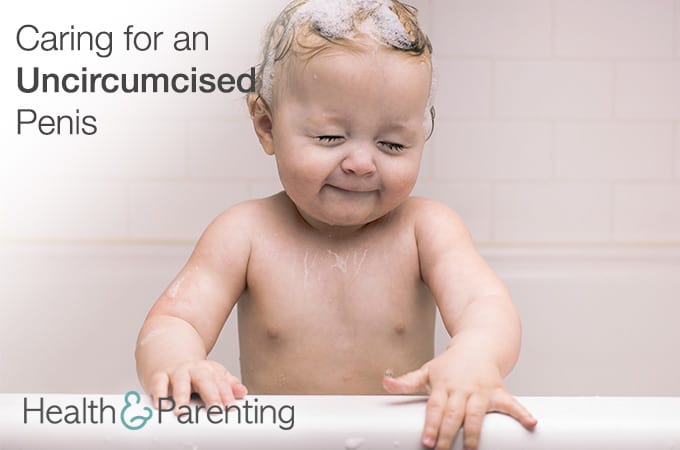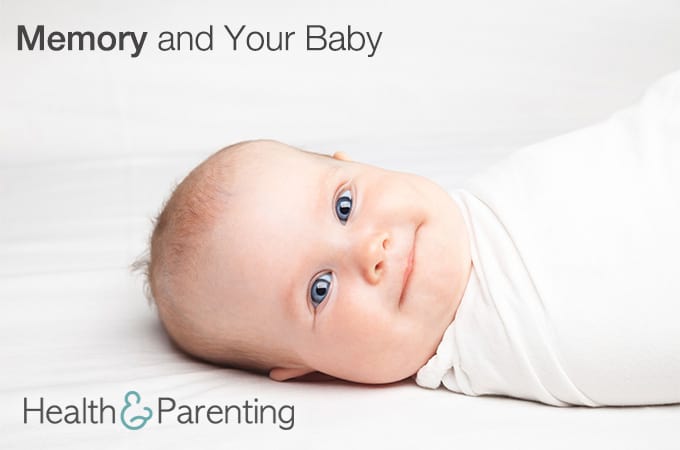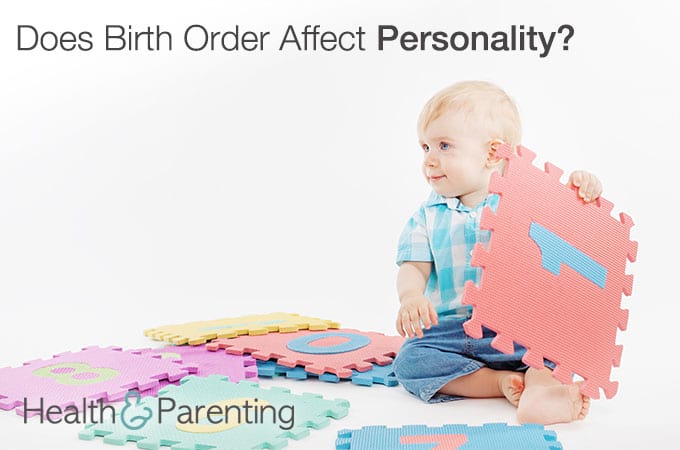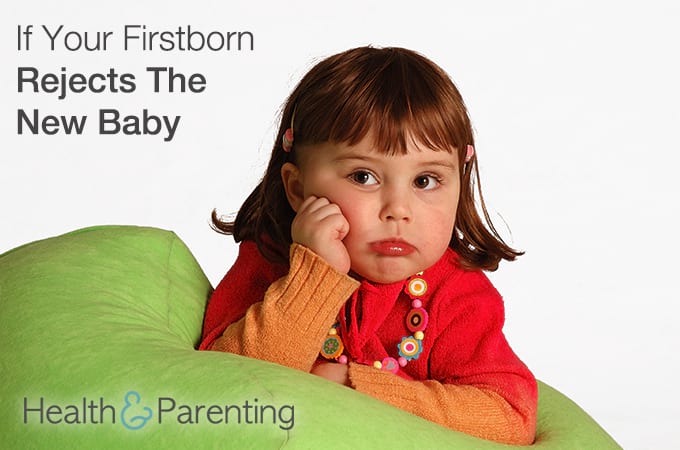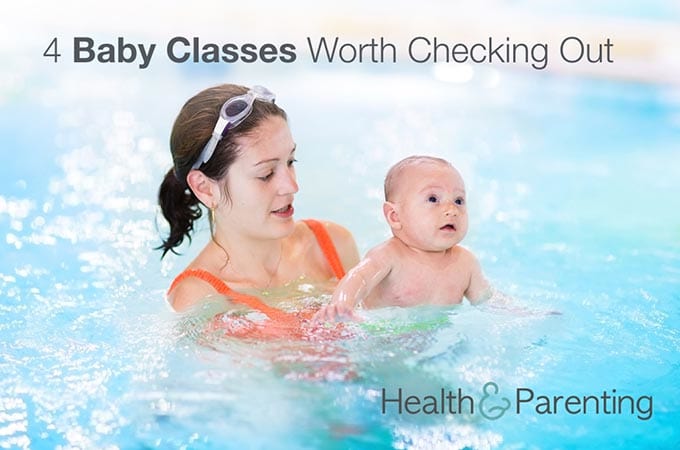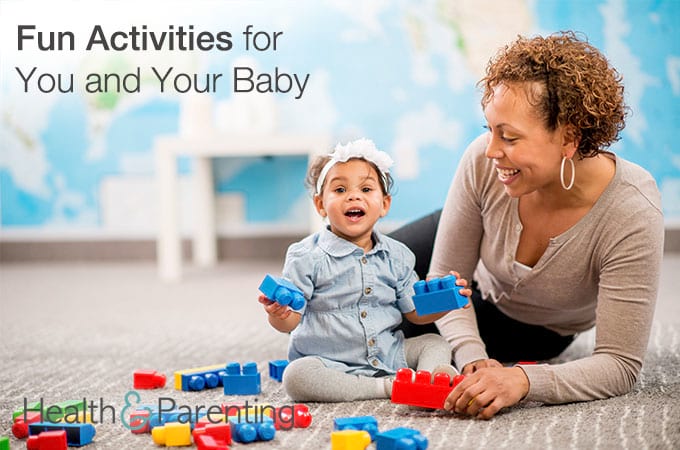If you have a son, you had to decide if you wanted to have him circumcised or not. If your little boy is uncircumcised, you might wonder if there is any special care involved.
The most important thing to keep in mind is to keep the area clean. Properly cleaning a penis may not have been something you were concerned about in the past. But being a mom means you think about things you might not have considered before.
If you chose not to have your son circumcised, it means the foreskin covers the glans or head of the penis. Although the foreskin is fully attached to the glans at birth, it will slowly separate as your baby grows up. The skin may start retracting when your little guy is a toddler. But it may take until puberty or beyond for the natural separation to fully occur.
For now, you just need to wash your baby’s private parts with soap and water during each bath. There is no need for any special cleaning procedures, such as using cotton swaps or antiseptics. Just remember your baby’s skin is sensitive so treat the foreskin gently.
It’s important to understand you should never forcibly retract the foreskin. Forcing the foreskin back will not only hurt your baby, but it also can cause bleeding and even damage his penis.
When you’re giving your baby a bath, you only need to wash the outside of your baby’s genitals. You don’t have to clean the inner fold of the foreskin. In fact, a good rule to follow is only clean what can be seen.
Although it is uncommon, the hole in the foreskin can be too small to allow for a normal stream of urine. If your baby seems to have pain when he pees or if his urine only trickles out, talk to your pediatrician.
Occasionally the foreskin can become red and inflamed. When this occurs, it is usually due to a fungal infection. If the foreskin becomes red or swollen, call your son’s doctor. An antifungal cream may be prescribed.
Although you don’t have to worry about it now, when your son gets older, you or dad can explain how to maintain proper hygiene as the skin retracts. Your son should be taught how to gently pull the foreskin back and clean beneath it with soap and water.
Written by MaryAnn DePietro @writerlady34
This information is not intended to replace the advice of a trained medical doctor. Health & Parenting Ltd disclaims any liability for the decisions you make based on this information, which is provided to you on a general information basis only and not as a substitute for personalized medical advice. All contents copyright © Health & Parenting Ltd 2016. All rights reserved.

